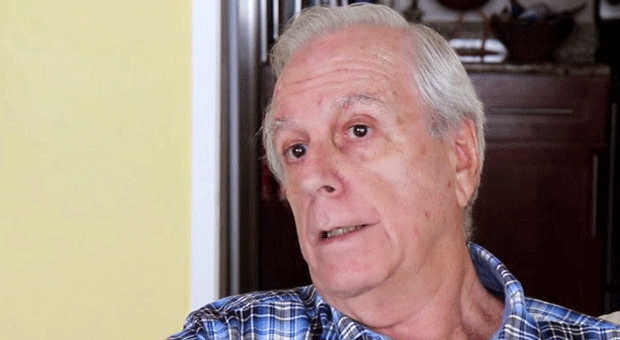On the occasion of the passing of the Foreign Investment Law (LIE) on March 29 by the Cuban National Assembly of People’s Power in extraordinary session OnCuba contacted various experts, personalities and academics in order to get their views on the said Law
The new law arouses interest and suspicion. all at once. Its wording provides an ideal tax framework for investment and excludes only health services, education and military. Although it still lacks a discretion that is not entirely transparent and provides too many steps for recruitment of labor by institutions, is an attractive and plural tool that gives Cuba a comprehensive law, non restrictive and in tune with the process of transformations the island is living and formulas used in the international economy.
Antonio Zamora is a Cuban immigrant, a lawyer with over forty years of experience in some of the most prestigious law firms in Florida. He specializes in foreign investment from the United States to Latin America. As an adjunct professor at Florida International University, he has given numerous courses and lectures on Cuban affairs.
In 1961, he moved to the United States and that same year he participated in the defeated Bay of Pigs Invasion. He serves as counsel for the Cuban American National Foundation, and after his resignation in 1995 he returned to Cuba and out of his experience a book is born: What I Learned about Cuba by Going to Cuba, where he tells how he has become a person who advocates for dialogue and deeper relationships with his homeland.
As a specialist in foreign investment in general, Antonio Zamora pleads for smooth relations between the governments of the U.S. and Cuba and the elimination of the embargo laws that prevent the commercial relationship between the two nations as well as hindering the island’s relations with third countries.
Antonio Zamora warned that the new law could become a real mechanism to promote foreign investment , but notes that ” it all depends on how it is applied ,” and he cites that the Act 77 of 1995 ” was not properly applied .” The warranties expressed in the Act must join “the agreements Cuba has with more than forty countries “and highlights on those that “are very important if implemented correctly.”
One aspect that draws the most attention of the approved text is that investing in the area of self-employment or entrepreneurship coming from individuals is not allowed, which Zamora explained that the “best alternative is allowing within the new law micro-lending firms can be created”. He also notes that in addition, “they also should allow foreign investment funds to invest in private companies. “
The micro-lending or microcredit is loans to relatively small investors for businesses of rapid amortization. They have become a reliable formula to revive ailing economies and are a proven method to generate economic prosperity and employment. Considering that in Cuba more than 450,000 people are self-employed the fact that the Act does not provide for their participation is interpreted as a something it lacks.
The Act does not limit the investment according to nationality. Implicit in the text is that Cubans living outside the island can participate in this process. This has been ratified, even before the adoption of Law accredited by the Consul in the Cuba Interests Section in Washington, Llanio González Pérez .
However there are doubts about whether the Cuban government will exercise the discretion of the Act and not allow fluid inversion from Cubans outside the island. Asked whether the Cuban government would allow Cubans living abroad to invest in Cuba, Zamora says, “I think so. There are several issues to consider ; first: Cubans living abroad send to the island as remittances, services and goods about five billion dollars each year ; second, most of this money is generated by Cubans with double nationality; third, there are many possibilities that Cubans living abroad want to retire and live in Cuba and buy a place to live there. What I want to convey is that it has all the potential to become an interesting and very large market. “
Economic changes often lead to political change, however, and although Zamora admits this possibility he warns it will take longer. “First, the Law will generate enough interest and different investors will seek projects which are real and legal.” This interest ” will be seen in the 2014 conference Cuba: What the U.S. Legal and Business Need to Know to be held in Orlando on May 8 and 9.”
The U.S. embargo on Cuba prevents U.S. nationals to invest in the Island. This Law would drive the necessary changes to eliminate this measure; however Zamora believes that “American investors seek forms of investment such as, what I call 49 / 49, that is, an inversion of minority in a company that is neither Cuban nor American that does business in Cuba. Cuban Americans also can invest with family, or even repatriate and reside on the Island
Obviously the forces of American and Cuban- American interest will seek changes in the embargo regulations to legally invest in Cuba. In fact, many of these regulations could be changed by the administration of Barack Obama by executive action. “
For Antonio Zamora, the newly adopted Law on foreign investment, even with its limitations will become attractive to entrepreneurs and generate economic prosperity for Cuba.
In fact, when asked if he would personally invest, or recommend investing in Cuba, he doesn’t hesitate and responds with a blunt Yes.











Is it possible for OFAC To allow American Sport Fishermen to participate in The Hemingway International Billfish Tournament since it is an international event?